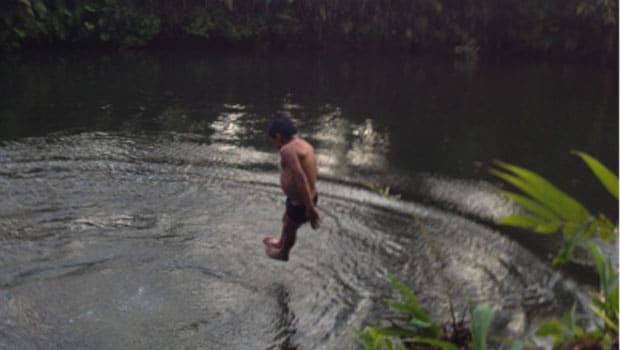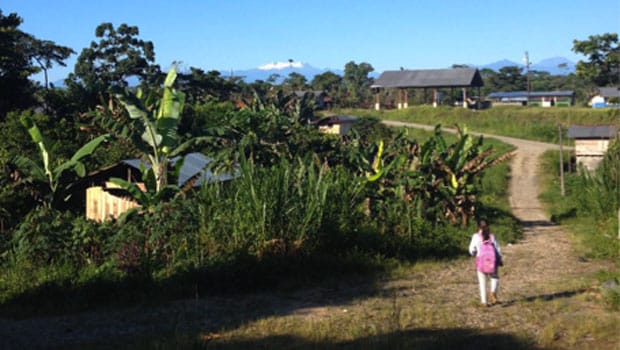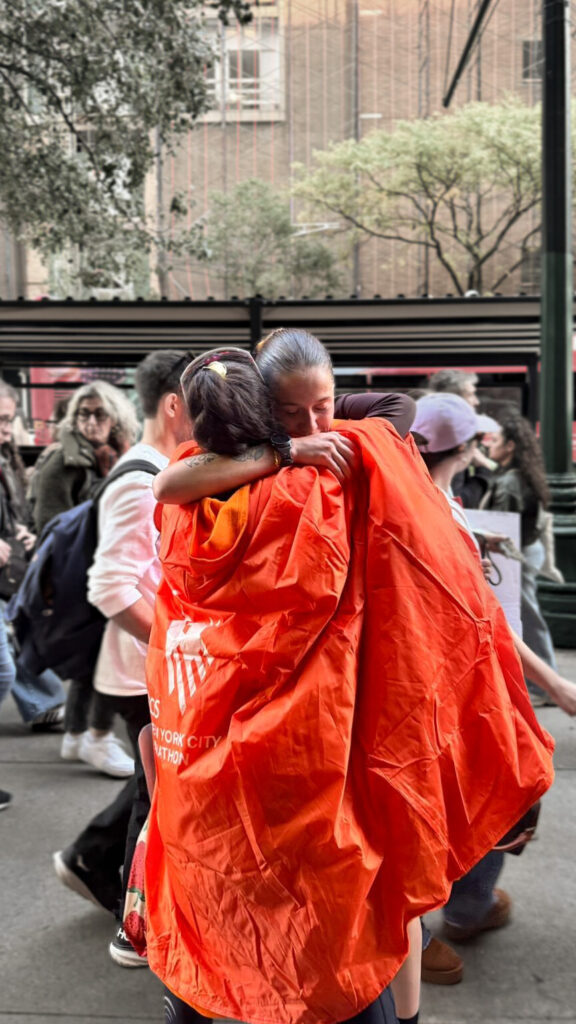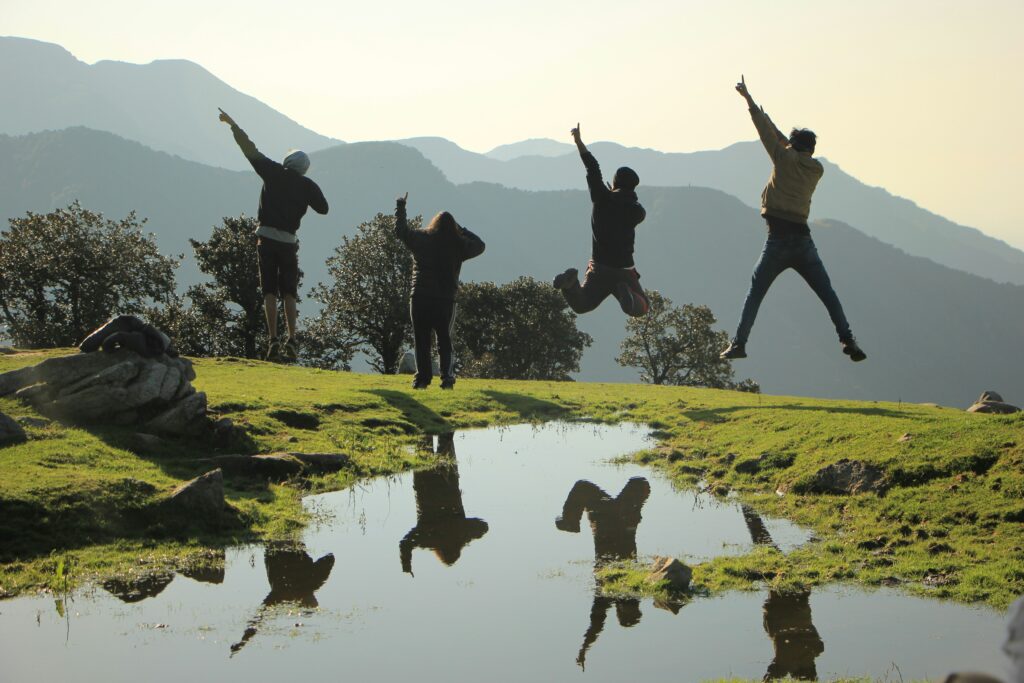Most children want to grow up fast, while most adults would love to return to their carefree childhood. From my experiences working with children and their families in America, parents want to protect their children from every possible harm: “Don’t climb that tree, you might fall!” “Don’t share your food, you’ll get germs!” While all good parents will look out for the well-being of their children, sometimes well-meaning protection can result in a sheltered and dependent child. In Ecuador, children have more freedom. They are sent to the store to buy the groceries for dinner, so they learn money management and counting at a very young age. They are also allowed to go to the river to swim alone and sent up trees to pick fruit. If a child buys an ice cream, or a bag of chips, he or she gladly shares it with another who asks for some.

A sixth grader going for a swim in the river. Photo courtesy of Becky.
In most schools in New York, you need a hall pass to leave your classroom, are not allowed to leave school grounds without permission, and parents usually see their children on and off the bus. In the two schools that I work with in Ecuador, children do not need a hall pass or permission to leave school grounds. Often, teachers will send students home to bring something that they forgot or to bring their parents in to discuss discipline issues.

School grounds in San Ramón. Photo courtesy of Becky.
Field trips are usually to a soccer game against another school. The school team will go with as many of the other students that will fit in the bus to cheer them on. Children, as young as six, take the public bus to school with older siblings or neighbors’ children. Ecuadorian children learn more responsibility, and there is more trust between neighbors and community members.
I have learned that when you give children the chance to be responsible, most will take advantage of the opportunity to grow, and learn from it.
by Rebecca



